
What Is It Like to Live in Hong Kong? A Realistic Glimpse Into Daily Life
By helper | Published | No Comments
What Is It Like to Live in Hong Kong? A Realistic Glimpse Into Daily Life
Hong Kong is a city that fascinates the world. With its glittering skyline, dense high-rises stacked against green mountains, efficient MTR, world-famous dim sum, and rich East-meets-West culture, it draws millions of visitors every year. But living here is an entirely different experience from visiting.
Some people think of Hong Kong as a concrete jungle where apartments are tiny and work hours are long. Others see it as a dynamic, safe, and highly convenient hub with endless food, nightlife, and career opportunities. Both perspectives are true – and the reality depends greatly on your priorities, expectations, and adaptability.
In this article, we’ll break down what it’s really like to live in Hong Kong as an ordinary resident. From housing and real estate realities, to the cost of living beyond rent, you’ll gain a grounded understanding before making any move or major decision.
Housing and Real Estate in Hong Kong
How big are apartments, really?
One of the first shocks for newcomers is apartment size. Space is a premium in Hong Kong, leading to creative layouts and clever storage solutions.
- Studios in older buildings may range from 120–200 sq ft, often fitting a foldable bed, mini-fridge, and tiny bathroom.
- Modern studio or “micro flats” can be around 200–300 sq ft, sometimes with sleek built-in storage, kitchenette, and compact washer-dryer units.
- One-bedroom apartments are generally 300–500 sq ft, with a separate bedroom and small living area.
- Family flats (3-bedroom) in urban areas often range from 600–900 sq ft unless you move further out to New Territories, where you can find units over 1000 sq ft more affordably.
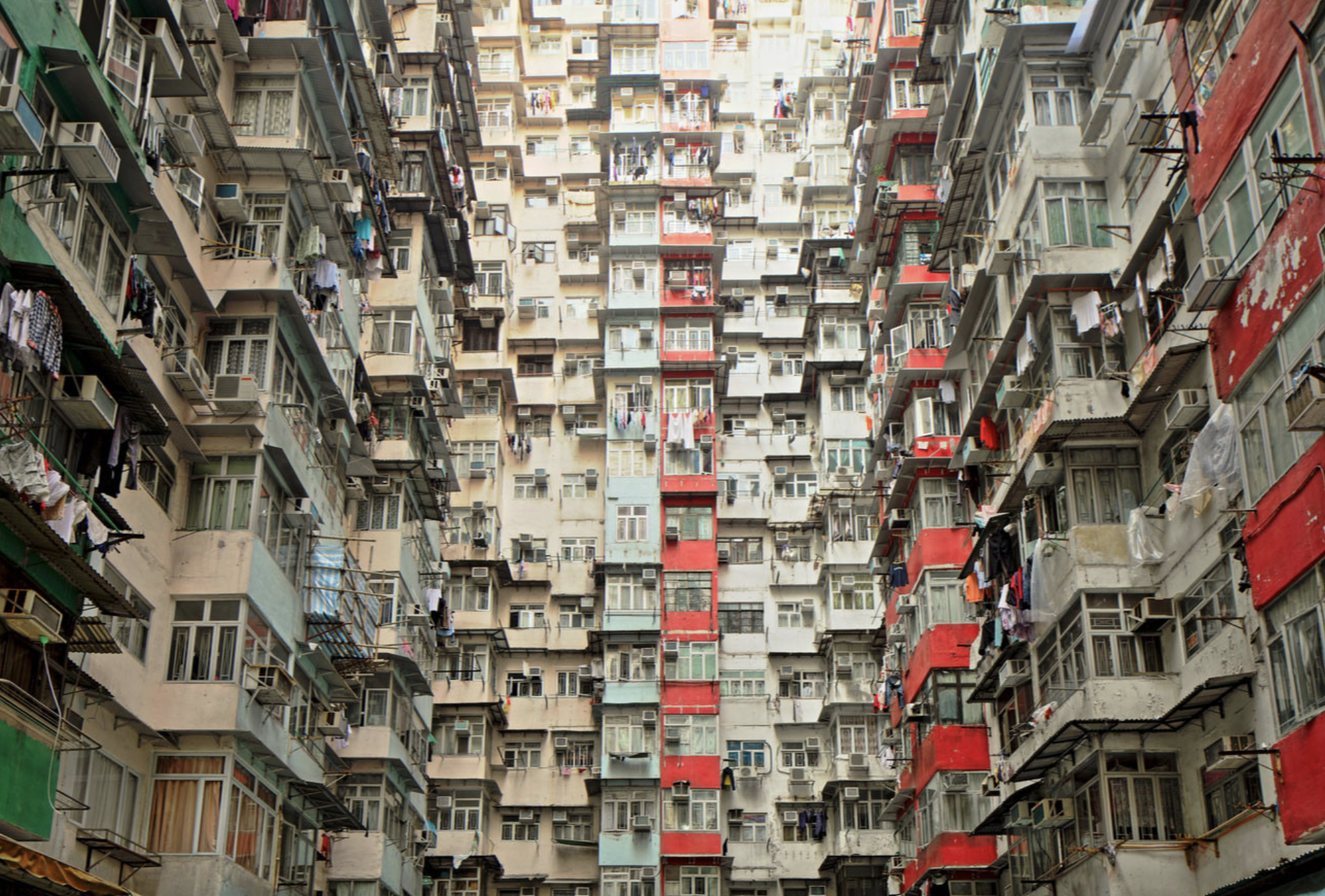
How much does it cost to rent in Hong Kong (2025 estimates)?
| Type of Apartment | District Example | Monthly Rent (HK$) |
|---|---|---|
| Studio (200 sq ft) | Mong Kok, Jordan | 10,000 – 13,000 |
| 1-Bedroom (400 sq ft) | Wan Chai, Mid-Levels | 20,000 – 28,000 |
| 2-Bedroom (500–600 sq ft) | Tseung Kwan O, Tai Wai | 18,000 – 25,000 |
| 3-Bedroom (800–1000 sq ft) | Sha Tin, Fo Tan | 25,000 – 35,000 |
| Luxury 3-Bedroom | Mid-Levels, The Peak | 50,000 – 100,000+ |
These prices can feel overwhelming, especially compared to many Western or Southeast Asian cities. However, people adjust by prioritising location, space, or building age. Some prefer older walk-up flats for lower rent, while others value modern high-rise estates with gyms, pools, and security guards.
What about buying property?
Buying is even more challenging. As of mid-2025:
- Urban apartment prices range between HK$15,000–25,000 per square foot, depending on the district and building age.
- For example, a 400 sq ft flat in Kowloon can easily cost HK$7–10 million.
- Down payments are steep (often 30–50% upfront) with stringent mortgage approvals. Many locals rely on family support or combine incomes with a spouse to buy their first home.
Neighbourhood considerations
Your choice of district deeply affects your experience. For example:
- Hong Kong Island (Central, Wan Chai, Mid-Levels): Close to business hubs, vibrant dining, higher rents, smaller flats.
- Kowloon (Tsim Sha Tsui, Mong Kok, Jordan): Dense urban energy, slightly lower rents, convenient transport, older buildings.
- New Territories (Sha Tin, Tai Po, Tseung Kwan O): More spacious flats, family-friendly estates, longer commutes to Central.
How do locals cope with housing challenges?
Hongkongers adapt through:
- Prioritising location over space to reduce commute times.
- Using efficient storage furniture (loft beds, foldable dining tables, ceiling cabinets).
- Living with family for longer before marriage or sharing flats with friends or colleagues.
Ultimately, housing is one of the biggest concerns for anyone planning to live in Hong Kong. Understanding these realities helps you budget wisely and manage expectations before you arrive.
Cost of Living Beyond Rent
While rent is the largest expense, the rest of your daily life in Hong Kong can range from affordable to expensive depending on your lifestyle choices.
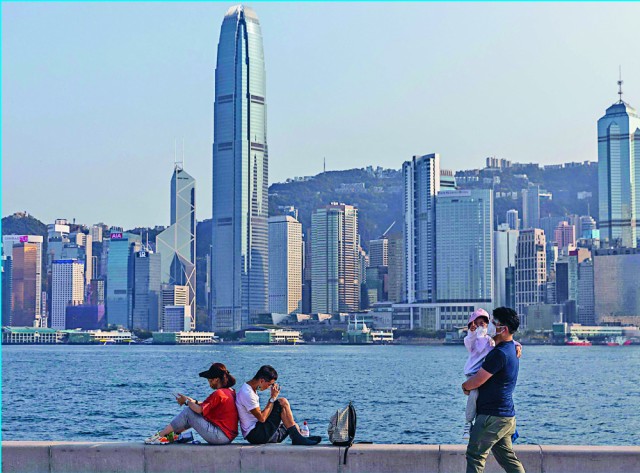
Transport
The good news is that transport is efficient and relatively cheap:
- MTR rides: HK$4–20 per trip depending on distance.
- Monthly MTR passes for frequent commuters: HK$500–600.
- Buses and minibuses: HK$4–15.
- Taxis: start at HK$27, making short rides affordable compared to Western cities.
Because Hong Kong is compact and well-connected, many people don’t own cars. Parking costs alone can be HK$3,000–5,000 per month, aside from petrol and insurance.
Food
Eating out varies widely:
- Local cha chaan teng (HK-style cafes): HK$40–80 per meal.
- Fast food chains (McDonald’s, Cafe de Coral): HK$40–60.
- Mid-range restaurants: HK$100–200 per person.
- Upscale dining: HK$300+ per person.
Groceries are moderate if you shop at local markets for vegetables, fruits, and meats, while imported goods at supermarkets like Citysuper or Oliver’s are significantly pricier.
Utilities
For a single person or couple:
- Electricity: HK$300–600/month (higher in summer due to air conditioning)
- Water: HK$50–100/month
- Gas: HK$150–250/month
- Internet: HK$200–400/month (high-speed fibre widely available)
Leisure and fitness
- Gym memberships: HK$400–800/month in local chains; premium gyms can cost HK$1,000–2,000+.
- Cinema tickets: HK$80–120.
- Yoga/Pilates classes: HK$150–300 per session.
Overall lifestyle impression
While Hong Kong’s housing is famously expensive, daily expenses like transport and affordable local meals can offset some costs. However, socialising in bars, western restaurants, or premium gyms quickly adds up.
Work Culture and Opportunities
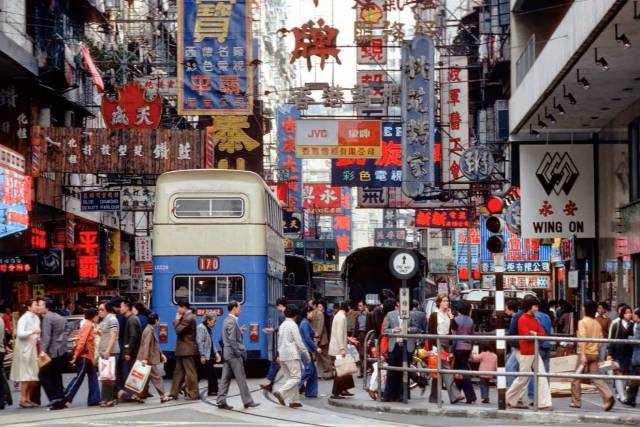
What is the work culture like in Hong Kong?
Hong Kong is famous for its fast-paced, high-pressure work environment. Many offices operate on an official 9 am – 6 pm schedule, but overtime is common, especially in finance, law, marketing, and logistics.
- Work hours: Staying until 7 or 8 pm is not unusual. In investment banking, consulting, or law, late nights and weekend work can be standard during peak periods.
- Hierarchy and communication: Traditional industries value hierarchy, though international firms tend to have flatter structures. Addressing seniors respectfully and understanding implied instructions are cultural norms.
- Job security: While unemployment rates remain low (~3% in 2025), industries like media, education, and retail have become more volatile in recent years due to digital shifts and economic changes.
What about salaries and career growth?
Hong Kong offers competitive salaries in sectors such as finance, legal, technology, logistics, and professional services. For example:
- Fresh graduates: HK$15,000–20,000/month in local firms, HK$25,000–30,000+ in multinational graduate programmes.
- Mid-level professionals: HK$30,000–60,000/month depending on sector.
- Senior management: HK$70,000–150,000+.
Why do people thrive here?
Many are drawn to Hong Kong’s dynamic career environment, strong networking opportunities, and access to regional APAC markets. It’s an excellent springboard for ambitious professionals. However, work-life balance is often sacrificed, making it crucial to set personal boundaries early.
Safety and Political Climate
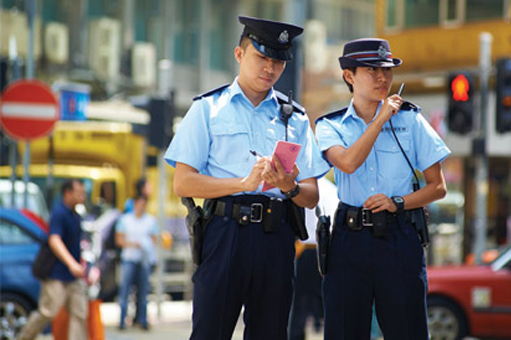
Is Hong Kong safe to live in?
Yes. Hong Kong consistently ranks among the safest cities in the world.
- Walking alone at night is generally safe, including for women.
- Violent crime rates are low.
- Petty crime such as pickpocketing is rare but does occur in crowded tourist areas.
What about protests and politics?
Hong Kong has undergone significant political changes since 2019. The introduction of the National Security Law in 2020 altered the landscape of public dissent and media freedom.
- How does this affect daily life? For ordinary residents, daily routines remain largely unchanged – people go to work, dine out, shop, and socialise as before.
- Freedom of speech and press have become more restricted, with greater caution in public discussions on political topics.
- Personal safety remains strong; there is no generalised violence or instability affecting residents’ physical safety.
Bottom line on safety
Hong Kong remains an incredibly safe and orderly city to live in, but it is important to stay informed about regulations, especially for expats working in education, media, or NGOs.
Lifestyle and Social Life
What’s daily life like beyond work?
Despite its density and pace, Hong Kong offers a vibrant lifestyle with endless options:
- Food: From HK$30 noodle shops to Michelin-starred dim sum, food culture is deeply ingrained in daily life.
- Transport: Clean, efficient, affordable. You can get almost anywhere within 45 minutes.
- Shopping: From local markets to luxury malls like IFC and Harbour City.
- Nature escapes: Hiking trails (Dragon’s Back, Lion Rock), beaches (Repulse Bay, Shek O), and outlying islands (Lamma, Cheung Chau) are accessible within an hour.
Is it easy to make friends?
It depends:
- Expats often connect through work, social apps (Meetup, InterNations), or hobbies like hiking groups and sports clubs.
- Local friends: Language (Cantonese) can be a barrier for deeper connections, though many locals speak English and are welcoming if you engage openly.
- Dating life: Dynamic but competitive, with cultural differences to navigate.
Do you need Cantonese to live here?
You can survive with English, especially in Central, Wan Chai, and major service industries. However, learning basic Cantonese greatly enhances daily life, social integration, and respect from locals.
Education and Family Life

Is Hong Kong good for raising children?
Many families live happily here, but challenges include high education costs and small living spaces.
- International schools: Excellent quality, global curricula (IB, GCSE), but competitive and expensive (HK$150,000–250,000+ per year). Waiting lists can be long.
- Local schools: High academic standards but intense pressure and rote learning approaches.
- Childcare: Many families hire domestic helpers for childcare and household support. Monthly salaries for helpers are around HK$4,800–5,500, plus accommodation and food.
Family-friendly facilities
Despite urban density, Hong Kong is family-friendly:
- Parks, playgrounds, and recreational centres are abundant.
- Beaches and nature are within reach for weekend outings.
- Malls and restaurants cater well to families with child-friendly facilities.
Mental Health and Wellbeing
Is life in Hong Kong stressful?
Yes and no. It’s a high-energy, competitive city. The fast pace, crowded commutes, small living spaces, and work demands can feel suffocating for some.
However, many find Hong Kong energising, appreciating:
- The efficiency of services
- The sense of safety
- The convenient city-nature balance
How do locals manage stress?
- Hiking and outdoor sports are extremely popular for mental refreshment.
- Weekend getaways to outlying islands or neighbouring Asian cities.
- Social support through family, friends, and community groups.
Mental health awareness is growing, with counselling services and online therapy becoming more accessible for residents needing emotional support.
Hong Kong is a city of contrasts:
🏙️ Skyscrapers and tiny apartments
💼 Ambitious careers and long hours
🍜 Affordable noodles and expensive rents
🌳 Concrete jungle and lush mountain trails
For some, it is an exciting chapter of growth, networking, and cultural exploration. For others, the small spaces, competitive work culture, and recent political changes outweigh the benefits.
Before you decide to relocate, reflect on what matters most to you:
✔️ Can you thrive in a high-density, fast-paced environment?
✔️ Are you comfortable with small living spaces?
✔️ Does the convenience and energy outweigh the intensity?
If your answer is yes, Hong Kong can be one of the most dynamic, efficient, and culturally rich places to build your life and career.
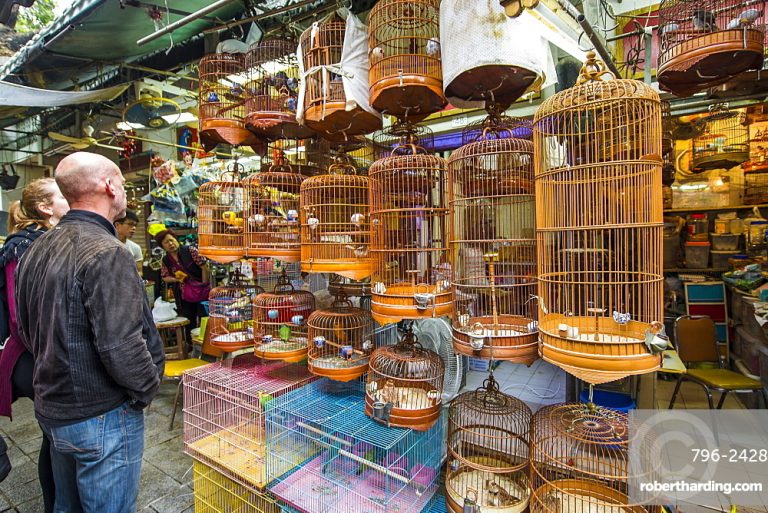
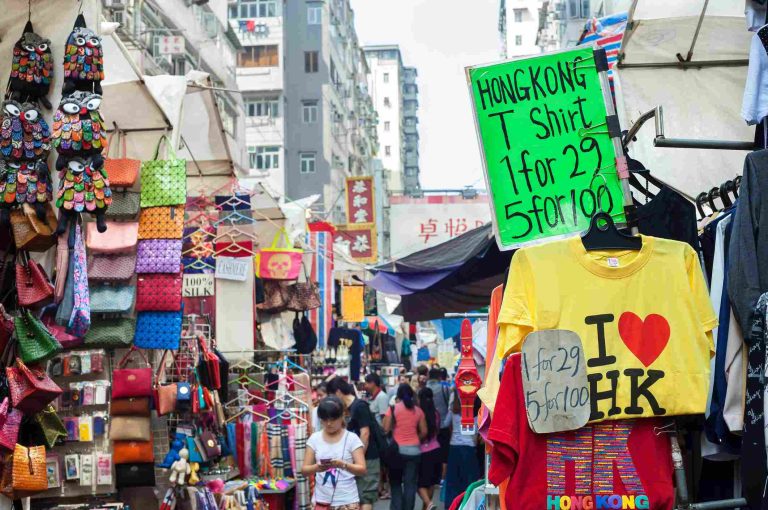
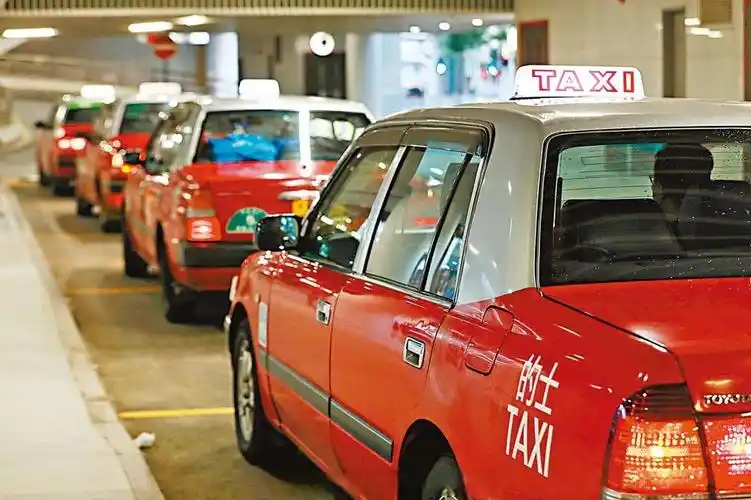
Leave a Reply
You must be logged in to post a comment.